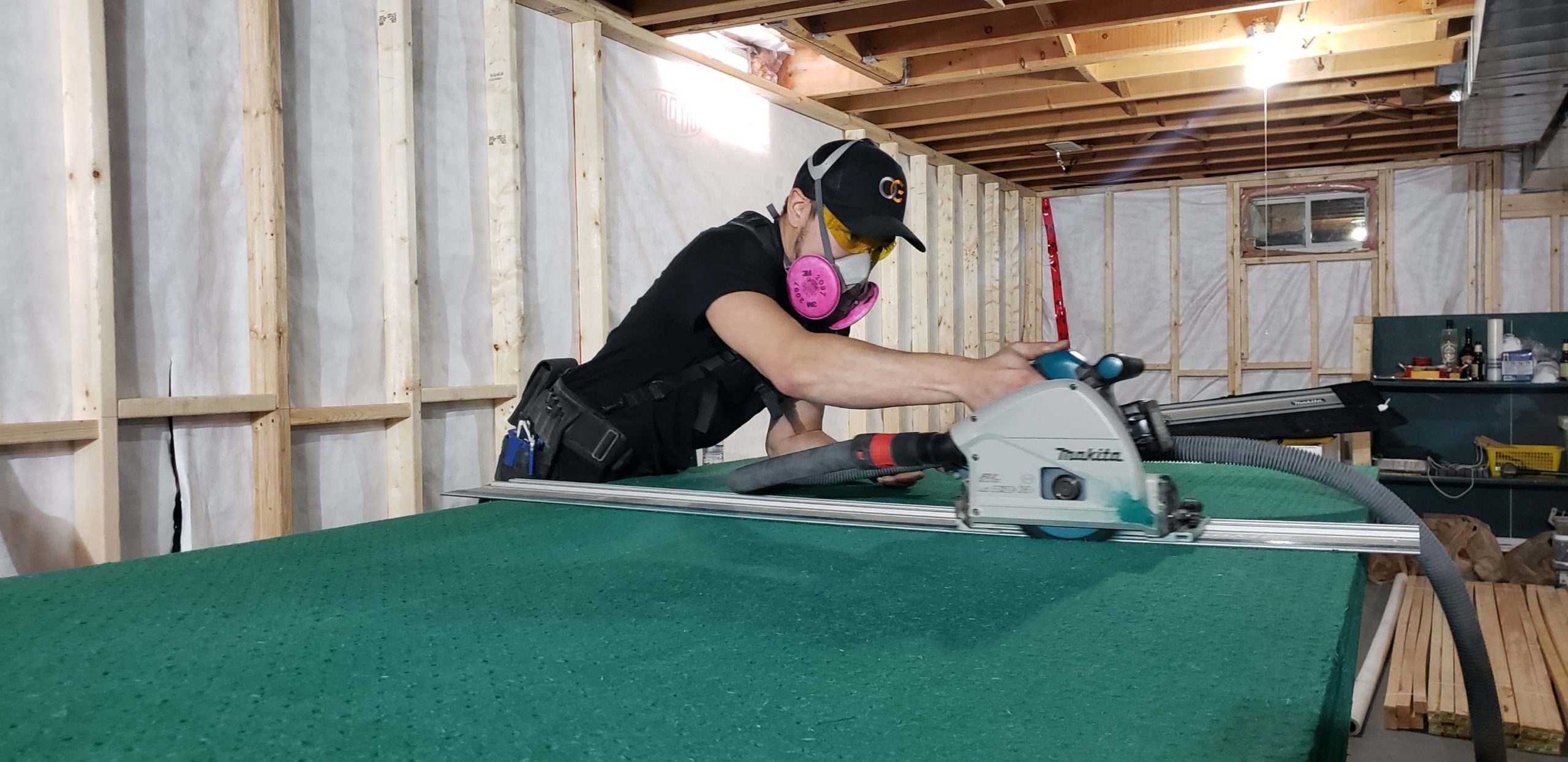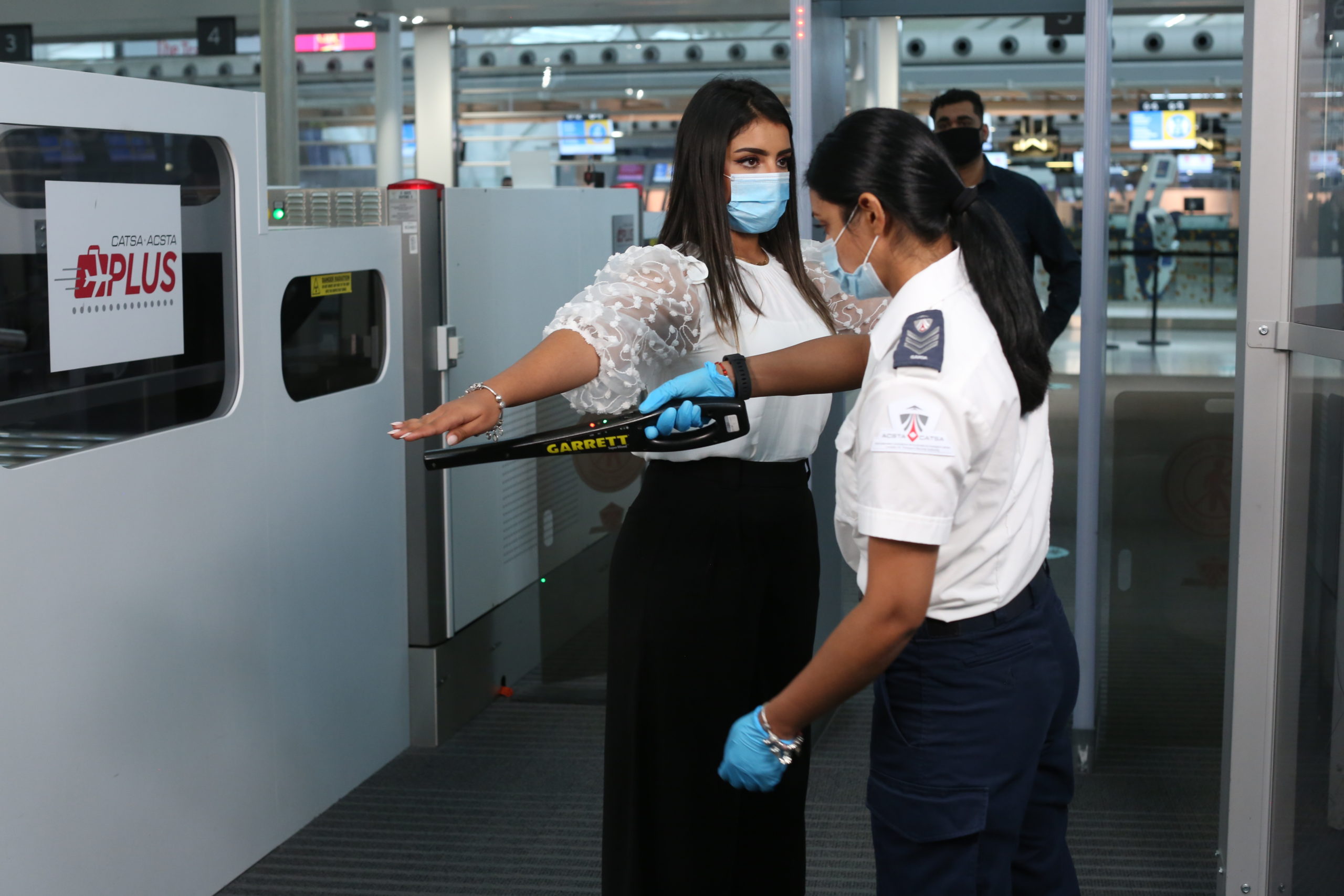(NC) As a result of the COVID-19 pandemic, this school year is looking very different for most post-secondary students. One thing that hasn’t changed, though, is the importance of building good financial habits early.
If you’re a parent of a student in college or university, now is the right time to teach them how to understand their money. A great way to start is with a budget. You can explain to them that it is like a map of their income, expenses and savings that will help them figure out how much money they have coming in and how much they will need to live. A budget can help them manage their money throughout the school year, so they’ll have money left at the end. It can also help them avoid taking on extra debt and save for financial goals.
A great tool to use is the Financial Consumer Agency of Canada online budget planner to create a personalized budget and get tips, advice and alerts to better understand personal finances.
An important first for many post-secondary students is getting a credit card. The average annual interest rate for student credit cards in Canada is over 18 per cent. Interest charges can add up quickly if they carry a balance, so make sure they choose a credit card wisely and pay their balance in full every month. The FCAC also has a credit card comparison tool to help.
Remind them that it’s important to review credit card statements regularly to see where their money is going. Paying their credit card balance in full and on time helps to maintain a good credit history, build their credit score, and avoid interest charges and other fees. If they can’t pay their balance in full, it’s important to pay more than the minimum whenever possible.
Keeping track of their money as a student will help them reach their goals now and in the future.

















